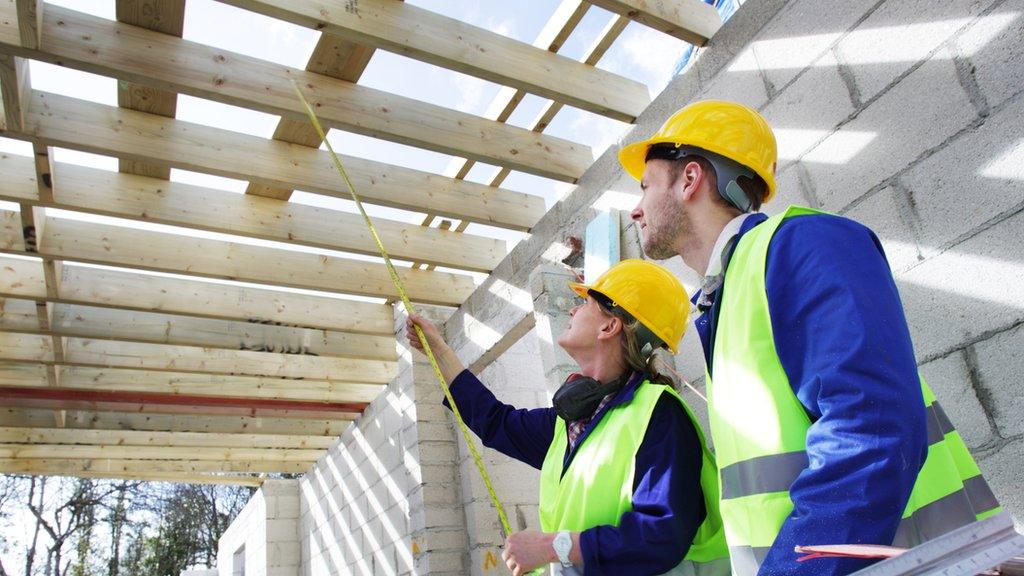Housing target vote faces delay over Tory revolt
- Published
- comments
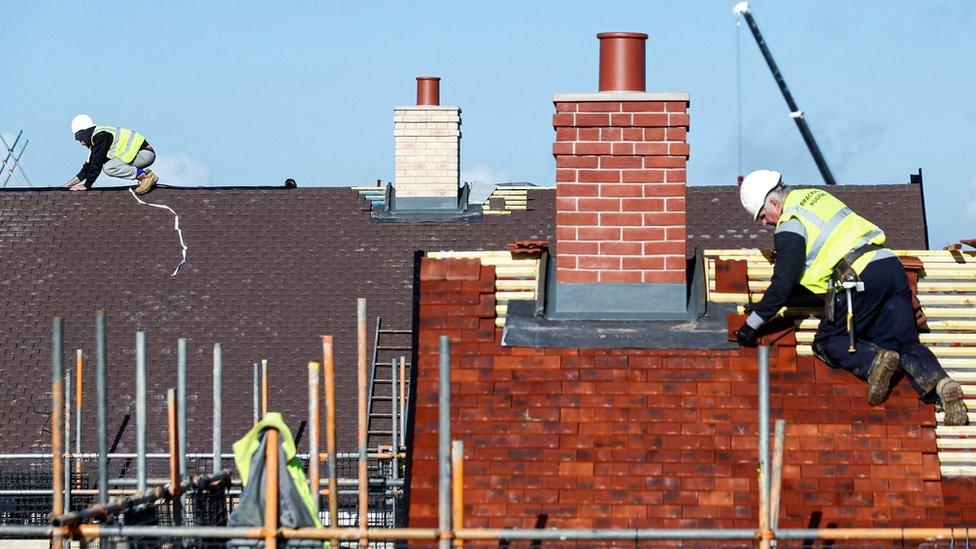
The government is set to delay a vote on its housebuilding plans amid the threat of a backbench rebellion.
Some 47 Conservative MPs have signed an amendment to the Levelling Up Bill which would ban mandatory housing targets in England.
The vote had been due to come on the second day of the bill's report stage, which is scheduled for Monday.
A government source told the BBC it "may slip" but was still expected before Christmas.
The source blamed it on a "congested parliamentary timetable" due to votes on last week's Autumn Statement.
Housing Secretary Michael Gove had been expected to meet Conservative MPs in an attempt to head off the brewing backlash.
Downing Street earlier said it remained committed to the target of building 300,000 homes a year by the mid 2020s.
The Levelling Up Bill is a piece of flagship legislation intended to deal with regional inequalities, but also contains a number of planning measures.
An amendment signed by the 47 Tory MPs would ban government-calculated housing targets from influencing planning applications.
It would also scrap the current system under which local councils have to maintain a rolling five-year stock of land for future development.
Other amendments tabled by rebels would create stricter time-limits for developers granted planning permission to start building.
One of the rebels, former minister Damian Green, said central targets "cannot recognise the different pressures in different parts of the country".
Writing for the ConservativeHome website, external, he added that the system needed to "incentivise developers to build once they have received permission".
"At the moment there are around a million permissions for homes granted, but where no home has been built," he added.
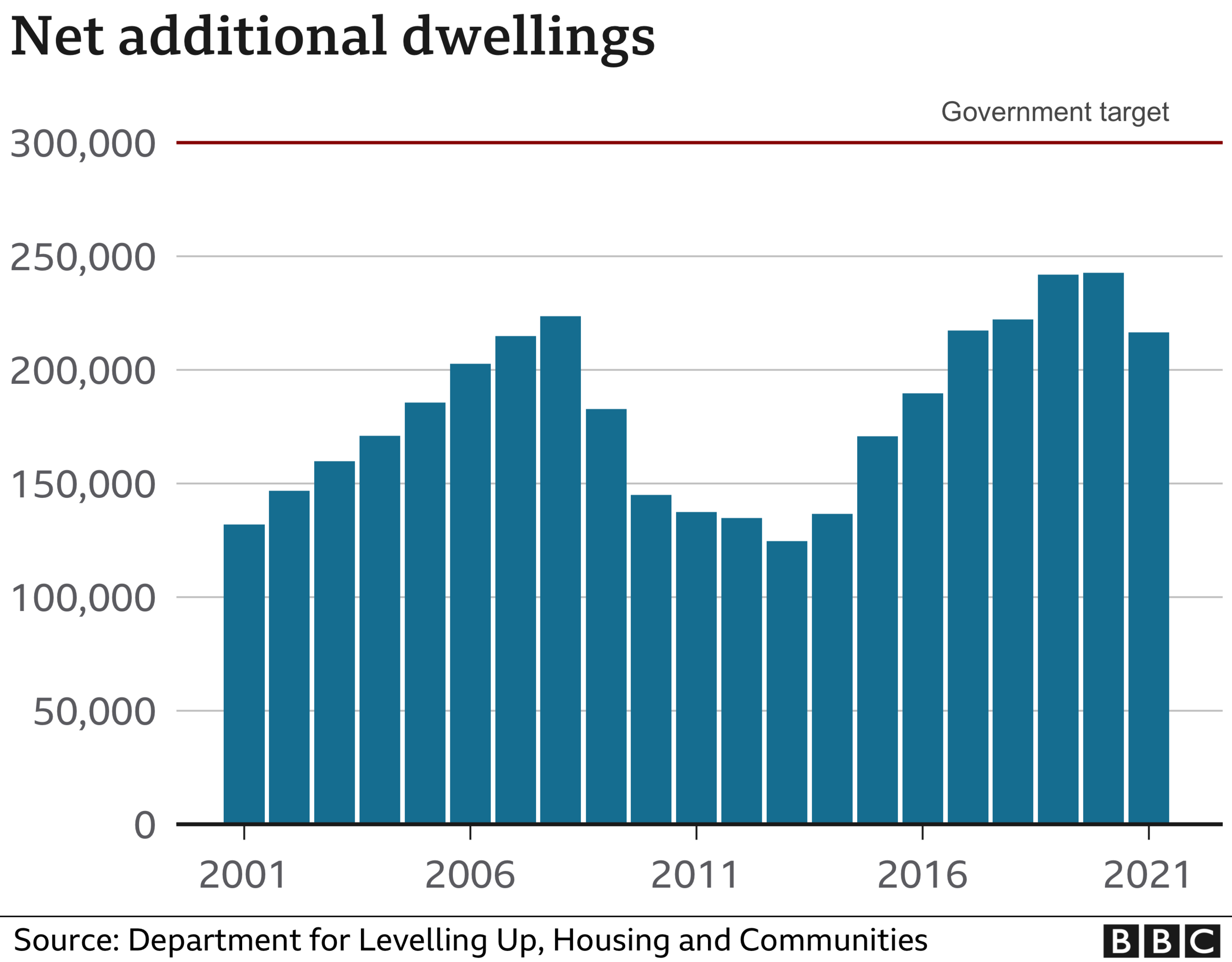
However, the amendment was criticised by fellow Tory MP Simon Clarke, until recently the levelling up secretary under former prime minister Liz Truss.
Writing on Twitter, he said abandoning targets was not the right response to "inappropriate development" that had "poisoned the debate" over housing.
He added that the move would "wreck" levels of housebuilding that were "already too low".
"We need to recognise the fundamental inter-generational unfairness we will be worsening and perpetuating," he added.
"Economically and socially it would be disastrous. Politically it would be insane."
A No 10 spokesman said the government wanted to "work constructively to ensure we build more of the homes in the right places".
Housing targets
The government has a manifesto commitment to build 300,000 new homes every year in England by the mid-2020s.
Under the current system, councils are meant to plan to build a certain number of homes using a government-set formula for housing need.
These targets are then supposed to be incorporated into local plans for housebuilding drawn up by councils.
Where councils fail to keep these plans up to date, planning guidance makes it harder for them to block new developments.
Under Boris Johnson, the government had planned to create "binding" housebuilding targets as part of a new planning system based on zones.
However, the proposals were later dropped after a backlash from Conservative MPs.
Related topics
- Published21 June 2021
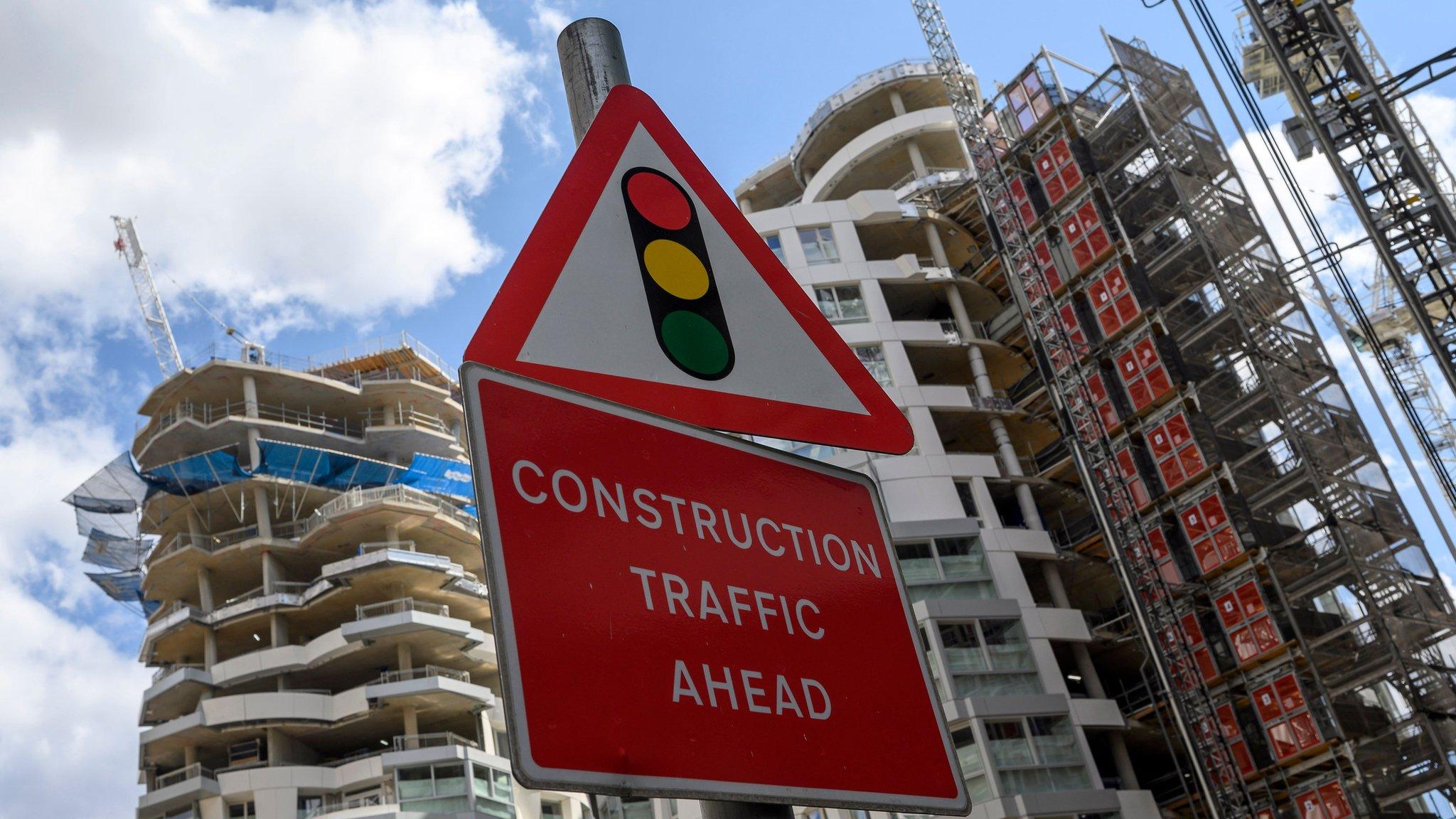
- Published30 October 2022
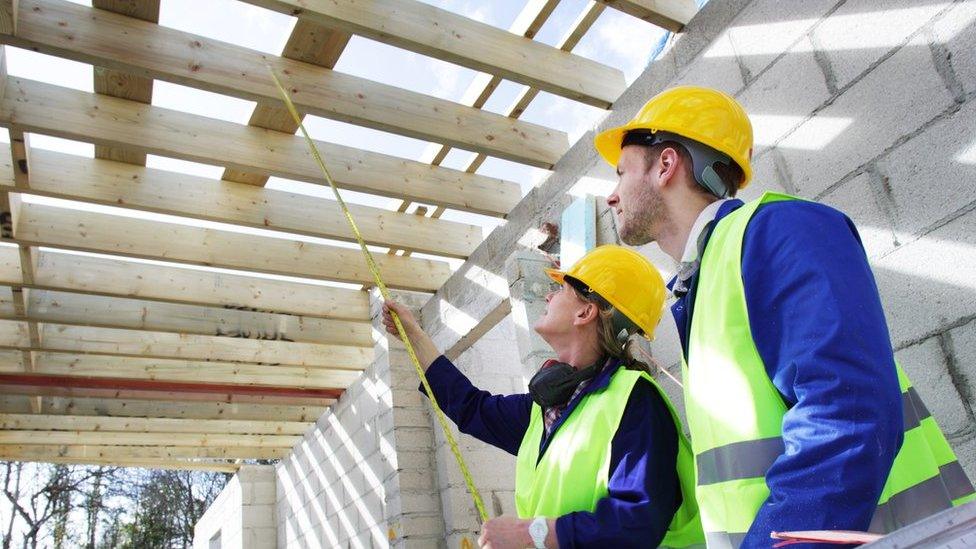
- Published2 August 2024
